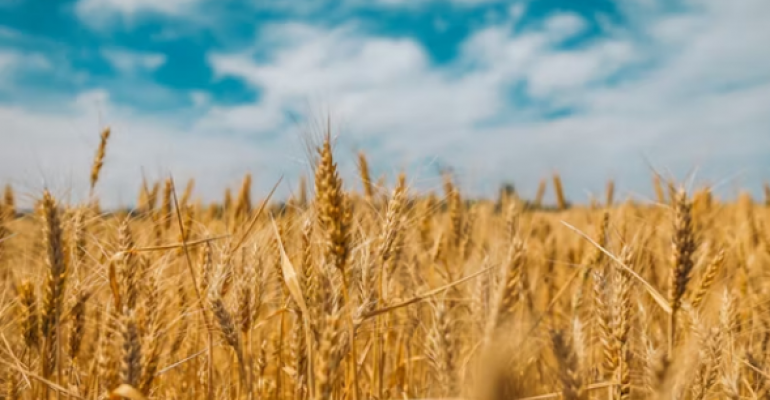
Berry’s Vision
There is a sense in which if you’ve read one of Berry’s books you’ve read them all, as they are all an attempt to answer the question, What are people for? Berry answers the question through the grid of sex, economy, freedom and community, and he answers it beautifully. I love the way he is able to describe (or imply) intense sexual desire, but to do so in a way that is never sordid or explicit, and is always as organically connected to economy, freedom and community as a tree is to soil. I love his invocation of community that experiences freedom in its economic self-sufficiency, in a way that brings fuller dignity to the individual member of that community. Berry makes me wish I was a farmer – which, to be honest, is a wish never far from my surface anyway. Berry is also brilliant at painting word pictures that draw human community together across generations, and in Remembering he gives what is just about the most beautiful description of the new creation I have ever read – it is a description that makes me want to worship, in expectant hope:
Andy looks and sees the town and fields around it, Port William and its countryside as he never saw or dreamed them, the signs everywhere upon them of the care of a longer love than any who have lived there have ever imagined. The houses are clean and white, and great trees stand among them and spread over them. The fields lie around the town, divided by rows of such trees as stand in the town and in the woods, each field more beautiful than all the rest. Over town and fields the one great song sings, and is answered everywhere; every leaf and flower and grass blade sings. And in the fields and the town, walking, standing, or sitting under trees, resting and talking together in the peace of a Sabbath profound and bright, are people of such beauty that he weeps to see them. He sees that these are the membership of one another and of the place and of the song or light in which they live and move.
He sees that they are the dead, and they are alive. He sees that he lives in eternity as he lives in time, and nothing is lost. Among the people of that town, he sees men and women he remembers, and men and women remembered in memories he remembers, and they do not look as he ever saw or imagined them. The young are no longer young, nor the old old. They appear as children corrected and clarified; they have the luminous vividness of new grass after fire. And yet they are mature as ripe fruit. And yet they are flowers. All of them are flowers.
(And if you’ve missed the connection between this and yesterdays post, you’re reading too fast!)